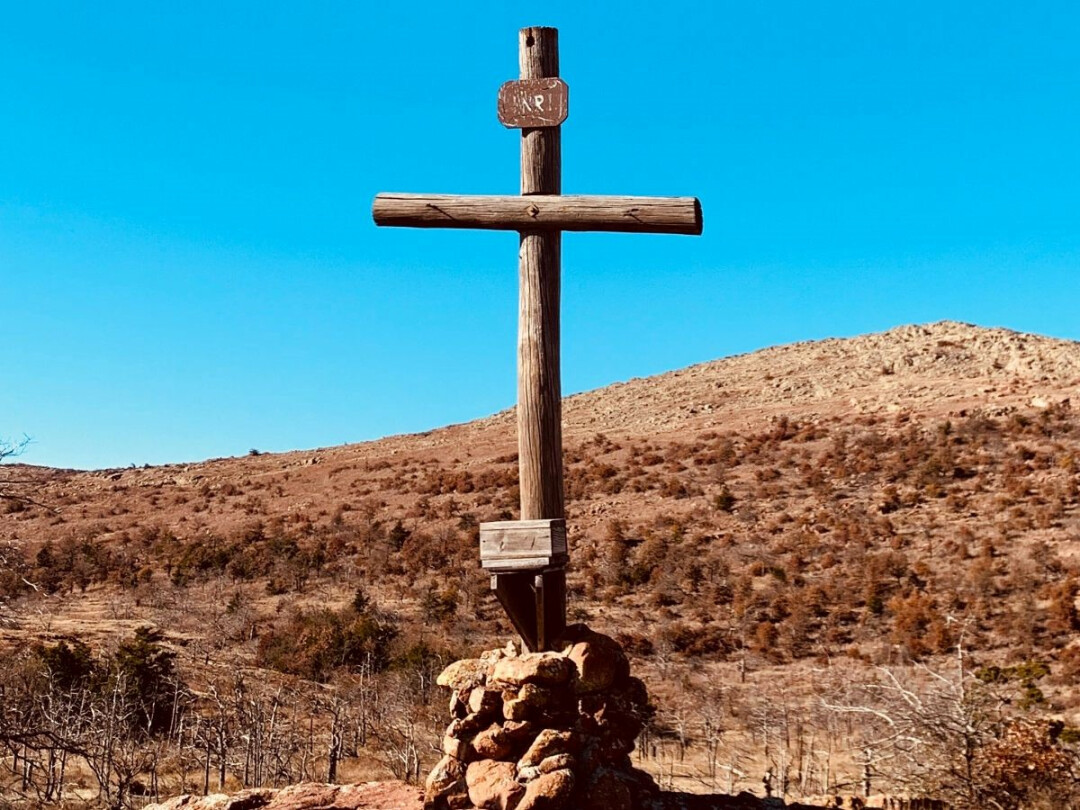|
Hebrews 9:15–22
15 Therefore he is the mediator of a new covenant, so that those who are called may receive the promised eternal inheritance, since a death has occurred that redeems them from the transgressions committed under the first covenant. 16 For where a will is involved, the death of the one who made it must be established. 17 For a will takes effect only at death, since it is not in force as long as the one who made it is alive. 18 Therefore not even the first covenant was inaugurated without blood. 19 For when every commandment of the law had been declared by Moses to all the people, he took the blood of calves and goats, with water and scarlet wool and hyssop, and sprinkled both the book itself and all the people, 20 saying, “This is the blood of the covenant that God commanded for you.” 21 And in the same way he sprinkled with the blood both the tent and all the vessels used in worship. 22 Indeed, under the law almost everything is purified with blood, and without the shedding of blood there is no forgiveness of sins.
I wish that I had some anecdote to share with you that would tie into the passage as this passage is one of the most important passages in scripture for us to grasp.
What Hebrews is continuing to do is compare the superiority of Christ and the new covenant in His blood over and above that of the tabernacle (tent) and the Temple with the sacrificial system.
The old sacrificial system was temporary, and sacrifices needed to be repeated for the cleansing of the people’s sin. The stunning and shocking truth that the author of Hebrews states here is that the new covenant is eternal but, and here’s the shocking part, this new covenant only comes into force after the death of Jesus, the Son of God, who shed His blood for us.
In the ancient world, this would be an extremely uncomfortable and even ludicrous thought. What God would shed blood for the forgiveness of human beings? As Paul writes in 1 Corinthians 1.23, “but we preach Christ crucified, a stumbling block to Jews and folly to Gentiles…”
Everything, Hebrews is telling us, depends on the grace of God who gave His Son as the atoning sacrifice for our sins (1 John 4.10).
But for us today, I think we have grown comfortable with the cross, or in some way we manage to push aside the suffering and death of Jesus so that we don’t have to wrestle with that truth.
Think about the cross for a moment. For some, when they see the cross, they are humbled to their core and grateful, but for many in our culture, the cross has become decorative.
Take the next five minutes to consider the cross and remember that “Jesus has embodied in his own life and death, his own bloodshed, the loving pardon which God has always longed to give.” N.T. Wright
Romans 5:6–11
6 For while we were still weak, at the right time Christ died for the ungodly. 7 For one will scarcely die for a righteous person—though perhaps for a good person one would dare even to die— 8 but God shows his love for us in that while we were still sinners, Christ died for us. 9 Since, therefore, we have now been justified by his blood, much more shall we be saved by him from the wrath of God. 10 For if while we were enemies we were reconciled to God by the death of his Son, much more, now that we are reconciled, shall we be saved by his life. 11 More than that, we also rejoice in God through our Lord Jesus Christ, through whom we have now received reconciliation.
God bless you and know that I am praying for you constantly.
Scott
|

